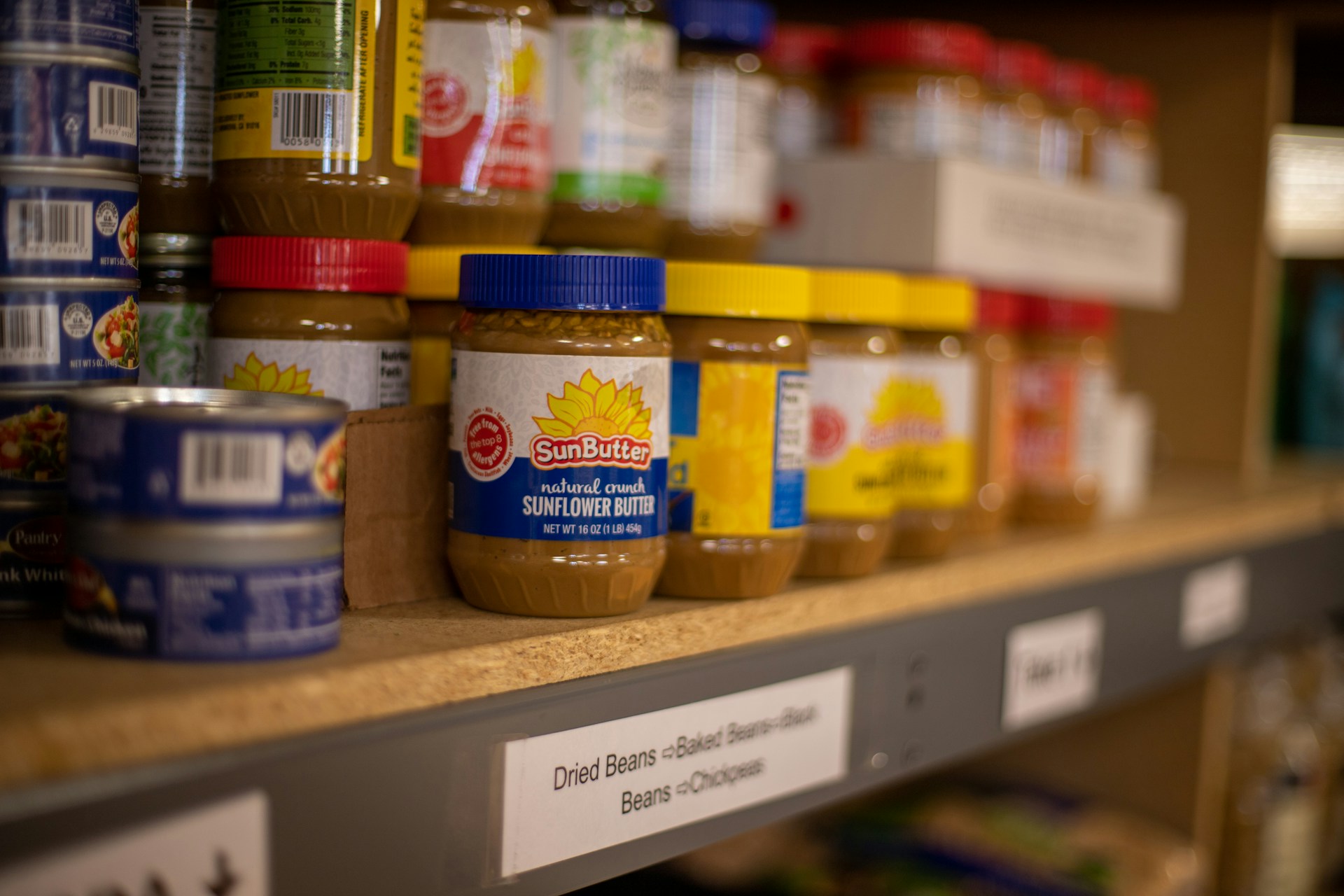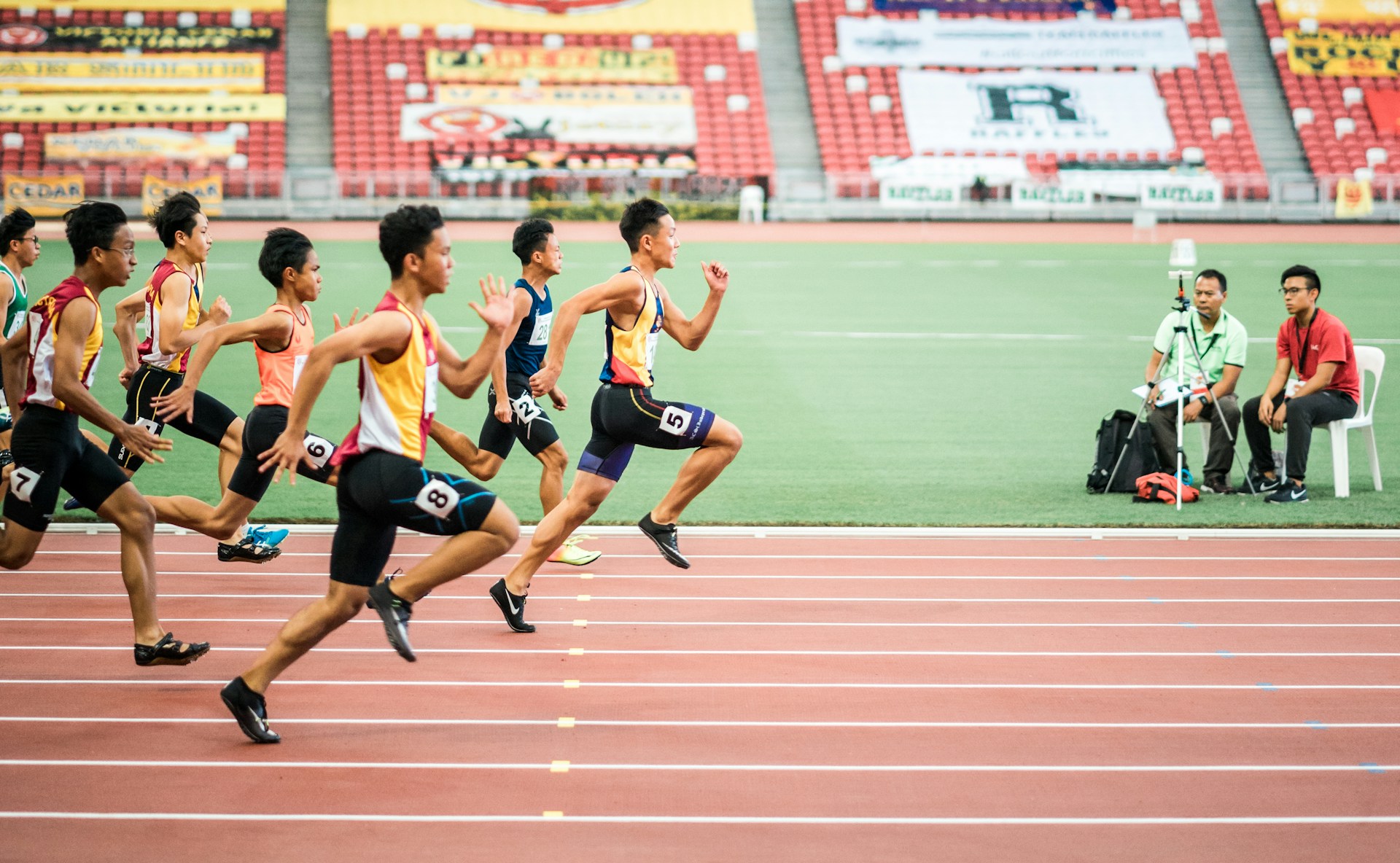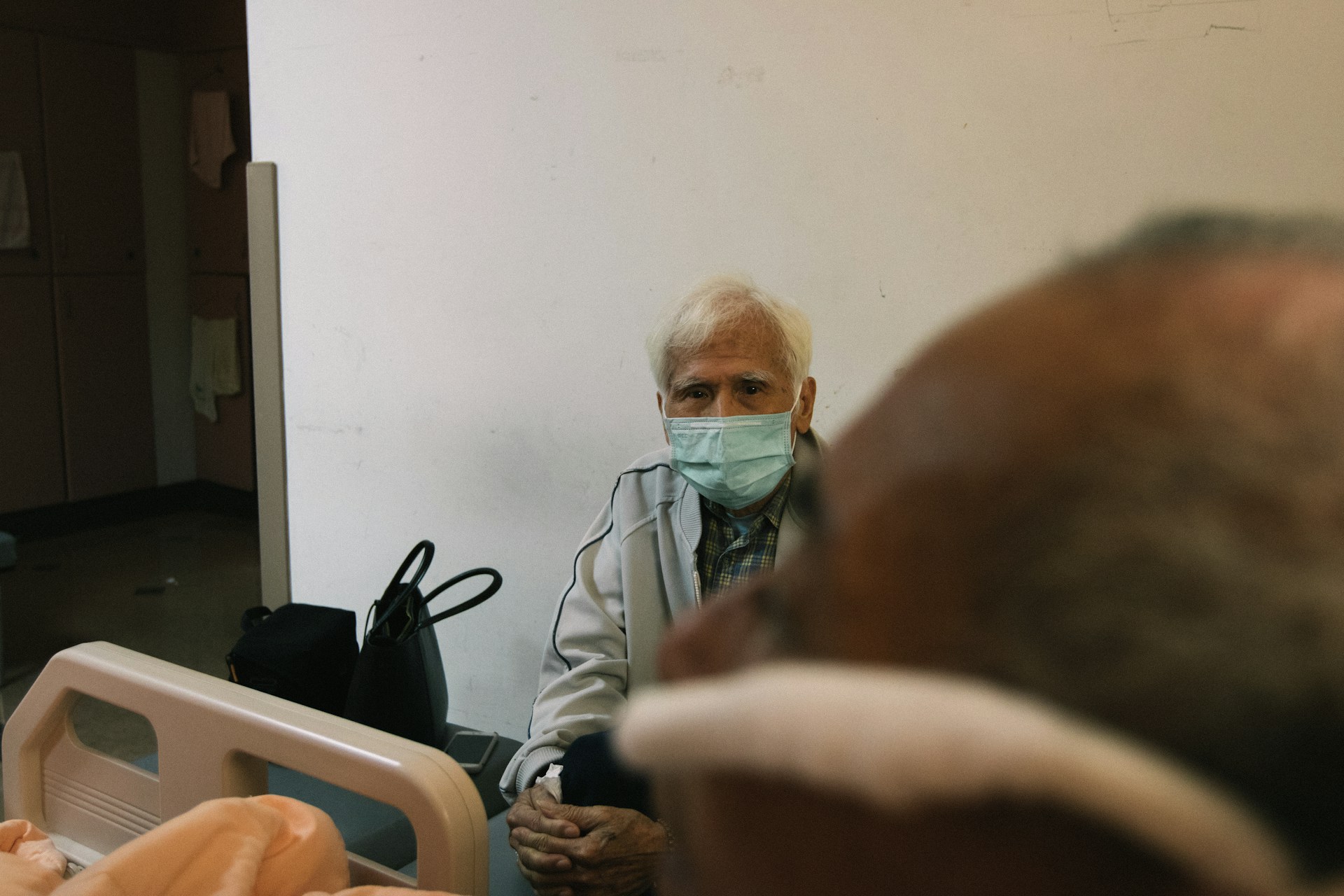The Relationship Habits of Through Breakfast and Physical Activity with Abdominal Obesity in Nutrition Students
Downloads
Background : Abdominal obesity is obesity characterized by the accumulation of excess fat in the abdominal area. The risk of metabolic and cardiovascular disease may increase due to abdominal obesity. One of the factors associated with abdominal obesity is imbalance between energy intake and physical activity. Several studies have stated that skipping breakfast is associated with an increased risk of obesity with the tendency to consume high calorie foods to provide energy for activities.
Objectives : The purpose of this study is to analyze the relationship between skipping breakfast, level of physical activity and obesity in nutrition students at Public Health Faculty, Airlangga University.
Methods : This research is observational analytic with cross sectional design. The population in this study were nutrition students at Public Health Faculty, Airlangga University. The number of samples was 60 people which selected by proportional random sampling method. Data were collected include the measurements of waist circumference, interviews using respondent's identity questionnaire and physical activity recall 3 x 24 hours. Data were analyze with Spearman correlation test.
Results : Based on the results, it was found that 33.3% of the respondents were obese. The results of statistical tests shows a negative correlation between skipping breakfast and abdominal obesity (p = 0.000). The results of this study also showed that there is no significant correlation between the level of physical activity and obesity (p = 0.618).
Conclusions : Skipping breakfast was significantly associated with abdominal obesity in the young adult students group. Therefore, it is better if the habits of skipping breakfast can be replaced with breakfast habits to prevent abdominal obesity.
Gerber, J. Overweight And Obesity In Adults. UWS Clinics. Conservative Care Pathways (2014).
Lam, B. C. C., Koh, G. C. H., Chen, C., Wong, M. T. K. & Fallows, S. J. Comparison of Body Mass Index (BMI), Body Adiposity Index (BAI), Waist Circumference (WC), Waist-To-Hip Ratio (WHR) and Waist-To-Height Ratio (WHtR) as predictors of cardiovascular disease risk factors in an adult population in Singapore. PLoS One 10, 1–15 (2015).
Kementrian Kesehatan Republik Indonesia. Hasil Utama Riskesdas 2018. Tersedia di http://www.depkes.go.id/resources/download/info-terkini/materi_rakorpop_2018/Hasil Riskesdas 2018.pdf (2018). (diakses tanggal 12 Agustus 2020)
Kusteviani, F. Faktor yang berhubungan dengan obesitas abdominal. Jurnal Berkala Epidimiologi 3, 45–56 (2015).
Sartika, I., Nikmawati, E. E. & Mahmudatussa'adah, A. Pengetahuan Dan Keterampilan Pemilihan Makanan Sehari-Hari Mahasiswa Program Studi Pendidikan Tata Busana. Media Pendidikan, Gizi, dan Kuliner 3, 65–76 (2014).
Widianti, N. & K, A. C. Hubungan Antara Body Image Dan Perilaku Makan Dengan Status Gzii Remaja Putri Di Sma Theresiana Semarang. Journal of Nutrition College 1, 398–404 (2012).
M, L. & AL-Oboudi. Impact of Breakfast Eating Pattern on Nutritional Status, Glucose Level, Iron Status in Blood and Test Grades among Upper Primary School Girls in Riyadh City, Saudi Arabia. Pakistan Journal of Nutrition 9, 106–111 (2010).
Muchtar, M., Julia, M. & Gamayanti, I. L. Sarapan dan jajan berhubungan dengan kemampuan konsentrasi pada remaja. Jurnal Gizi Klinik Indonesia 8, 28–35 (2011).
Croezen, S., Visscher, T. L. S., ter Bogt, N. C. W., Veling, M. L. & Haveman-Nies, A. Skipping breakfast, alcohol consumption and physical inactivity as risk factors for overweight and obesity in adolescents: Results of the E-MOVO project. European Journal of Clinical Nutrition 63, 405–412 (2009).
Habut, Y. M., Nurmawan, S. P. & Wiryanthini, D. A. I. Hubungan Indeks Massa Tubuh Dan Aktivitas Fisik Terhadap Keseimbangan Dinamis Pada Mahasiswa Fakultas Kedokteran Universitas Udayana. Majalah Ilmiah Fisioterapi Indonesia vol. 2 45–51 (2015).
FAO. Human energy requirements: report of a joint FAO/ WHO/UNU Expert Consultation. Food and Agriculture Organization (2001). Tersedia di http://www.fao.org/3/a-y5686e.pdf. (diakses tanggal 11 Agustus 2020)
P2PTM Kementrian Kesehatan Republik Indonesia. Cek Lingkar Perut Anda (2018). Tersedia di http://www.p2ptm.kemkes.go.id/infographic-p2ptm/obesitas/page/12/ceklingkar-perut-anda. (diakses tanggal 11 Agustus 2020)
Husain, W. & Ashkanani, F. Does COVID-19 change dietary habits and lifestyle behaviours in Kuwait? (2020). Tersedia di https://www.preprints.org/manuscript/202006.0154/v1 (diakses tanggal 12 Agustus 2020)
Di Renzo, L. et al. Eating habits and lifestyle changes during COVID-19 lockdown: An Italian survey. Journal of Translational Medicine 18, 1–15 (2020).
Obesity, W. Obesity and COVID-19 : Policy Statement (2020). Tersedia di https://www.worldobesity.org/news/obesity-and-covid-19-policy-statement (diakses tanggal 12 Agustus 2020)
Watanabe, Y. et al. Skipping Breakfast is Correlated with Obesity. Journal of Rural Medicine 9, 51–58 (2014).
Horikawa, C. et al. Skipping breakfast and prevalence of overweight and obesity in Asian and Pacific regions: A meta-analysis. Preventive Medicine 53, 260–267 (2011).
Panahi, S. & Tremblay, A. Sedentariness and Health: Is Sedentary Behavior More Than Just Physical Inactivity? Fronties of Public Health 6, 1–7 (2018).
Okada, C., Imano, H., Muraki, I., Yamada, K. & Iso, H. The Association of Having a Late Dinner or Bedtime Snack and Skipping Breakfast with Overweight in Japanese Women. Journal of Obesity (2019)
Dewi, A. C. N. & Mahmudiono, T. Hubungan pola makan, aktivitas fisik, sikap, dan pengetahuan tentang obesitas dengan status gizi pegawai negeri sipil di kantor dinas kesehatan provinsi jawa timur. Media Gizi Indonesia 9, 42–48 (2012).
Novitasary, M. D., Mayulu, N. & Kawengian, S. E. . Hubungan Antara Aktivitas Fisik Dengan Obesitas Pada Wanita Usia Subur Peserta Jamkesmas Di Puskesmas Wawonasa Kecamatan Singkil Manado. Jurnal e-Biomedik 1, 1040–1046 (2013).
Ulu, K. C., Sembilan, N., Yin, T. Z. & Seng, Y. H. Weight Status , Body Image Perception and Physical Activity of Malay Housewives in Kampung Chengkau Ulu, Negeri Sembilan. International Journal of Advancement Science & Art 1, 35–45 (2010).
Sari, A. M., Ernalia, Y. & Bebasari, E. Hubungan Aktivitas Fisik dengan Kejadian Obesitas pada Siswa SMPN di Pekanbaru. J. Online Mahasiswa Fakultas Kedokteran Universitas Riau 4, 1–8 (2017).
Praditasari, J. A. & Sumarmik, S. Asupan Lemak, Aktivitas Fisik Dan Kegemukan Pada Remaja Putri Di SMP Bina Insani Surabaya. Media Gizi Indonesia 13, 117–122 (2018).
AMERTA NUTR by Unair is licensed under a Creative Commons Attribution-ShareAlike 4.0 International License.
1. The journal allows the author to hold the copyright of the article without restrictions.
2. The journal allows the author(s) to retain publishing rights without restrictions
3. The legal formal aspect of journal publication accessibility refers to Creative Commons Attribution Share-Alike (CC BY-SA).
4. The Creative Commons Attribution Share-Alike (CC BY-SA) license allows re-distribution and re-use of a licensed work on the conditions that the creator is appropriately credited and that any derivative work is made available under "the same, similar or a compatible license”. Other than the conditions mentioned above, the editorial board is not responsible for copyright violation.












































